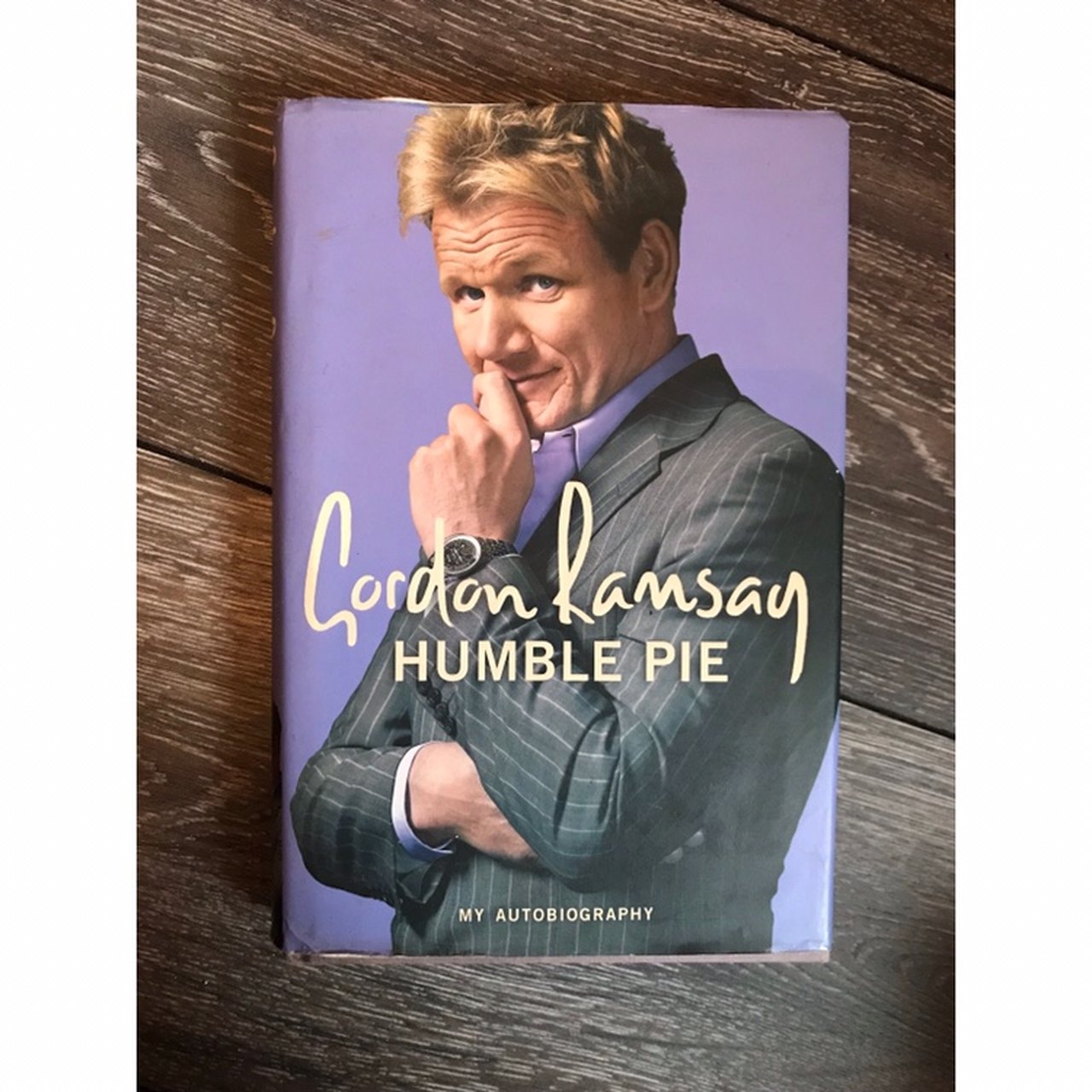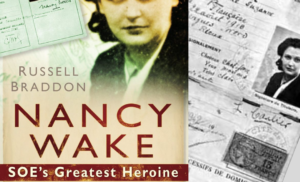
Humble Pie (English/Italian)
Cosa si cela dietro questo famoso chef stellato televisivo? Cosa lo ha fatto diventare l’uomo che è? È davvero come si vede in TV?
Humble Pie, l’autobiografia di Gordon Ramsay, risponde a questi quesiti e ci mostra un bambino che è dovuto crescere molto in fretta e, per non soccombere, ha dovuto tirare fuori la grinta e la determinazione dei vincenti, che lo hanno portato al punto in cui è oggi.
Le sezioni dei capitoli sono divise secondo le fasi di vita di Ramsay, a cominciare dalla sua difficile infanzia. Lo chef è infatti cresciuto in una famiglia numerosa, vagabonda e poco abbiente a causa del padre violento, che trascinava la famiglia in giro per il Regno Unito, senza curarsene e addirittura mettendosi in competizione con i suoi stessi figli.
Ciò che emerge con più prepotenza da queste avvincenti pagine (oltre al linguaggio schietto di Gordon), è come la sua dura infanzia, anziché distruggerlo come è successo al fratello minore – finito nel tunnel della droga – lo abbia reso determinato e forte abbastanza da sopravvivere ed infine eccellere nel duro mondo dell’alta ristorazione, dove la competizione è alle stelle e spesso gli aspiranti chef vengono abusati e spinti a mollare.
Tra i processi di formazione più duri e che certamente hanno lasciato il segno nella vita e carriera di Gordon Ramsay vi è l’esperienza con lo chef Marco Pierre White: «Marco era un dittatore: la sua parola e solo la sua contava. Gli piaceva pensarsi come una sorta di mafioso: oscuro, minaccioso e fottutamente terrificante […] Abusava di te sia mentalmente che fisicamente. […] un minuto era tutto sorrisi, ti scompigliava i capelli, praticamente ti dava i pizzicotti sulle guance. Subito dopo lanciava una padella attraverso la cucina. Spesso la padella era piena. C’era brodo ovunque, acqua bollente o zuppa. Ma tu non dicevi nulla. Aspettavi la quiete dopo la tempesta e poi pulivi tutto, senza fare domande.»
Il Gordon di questo libro si apre completamente e affronta anche argomenti delicati della sua carriera di chef, come le invenzioni della stampa britannica sempre a caccia di gossip, i falsi amici e le grandi perdite finanziarie.
Particolarmente tenere sono le pagine in cui Gordon parla della madre, della moglie e dei figli, che mostrano il suo gran cuore.
Il primo capitolo sul padre è fondamentale per capire meglio tutti quelli successivi e calarsi nei suoi panni: avendo dovuto resistere agli abusi del padre per non farsi distruggere, ha sviluppato quell’atteggiamento di resistenza e sopportazione che lo ha portato a raggiungere i suoi obiettivi.
La determinazione, la passione e la sua continua voglia di migliorare sono contagiose e dimostrano che non importa da dove si viene, ma la direzione che si decide di prendere: Gordon Ramsay ha deciso di utilizzare la durezza della vita per vincere e creare una vita piena e soddisfacente dimostrando, come molti altri grandi, che tutto è possibile.
What’s behind (and beyond) this famous starred TV chef? What made him the man he’s today? Is he really the way he looks on TV?
Humble Pie, Gordon Ramsay’s autobiography, answers all these questions and shows us a child who had to grow too fast and, in order not to succumb, quickly developed the grit and determination of winners that helped him getting where he is today.
The chapters’ sections reflect Ramsay’s life stages, starting with his hard childhood. The Chef grew up in a crowded, poor and vagabond family, with an abusive and violent dad who used to drag them around the UK, not caring for them and even competing with his own children.
What mostly emerges from these engaging pages (apart from Gordon’s “colorful” language) it’s how his tough childhood, rather than destroying him as it did with his little brother – who became a drug addict – made him driven and strong enough to survive, and excel, in the tough world of haute cuisine, where competition is unbelievable and often chefs are abused till the point of giving up.
One of the toughest trainings Gordon went through is definitely the experience with Marco Pierre White: “Marco was running a dictatorship: his word an is word alone, was all that mattered. He fancied himself as a kind of Mafioso, dark and brooding and fucking terrifying […] He would abuse you mentally and physically […] One minute, he was all smiles, ruffling your hair, practically pinching your cheek. The next he was throwing a pan across the kitchen. Often the pan would be full. Stock everywhere, or boiling water, or soup. But you wouldn’t say anything. You’d wait for the quiet after the storm, and then you’d clear up, no questions asked.“
The Gordon in this book fully opens his heart, and shares some sensible issues from his career, such as the made-up stories of the British press (always hungry for gossip), false friends and big financial losses.
Particularly sweet are the pages about Gordon’s mother, wife, and children, that he clearly adores and show his big heart.
The first chapter about his dad is essential to make us deeply understand the rest of the book and put us in his shoes: Gordon’s need to resist his dad’s abuse, in order to avoid self-destruction, made him develop the kind of strength and resistance that helped him achieve his goals.
His determination, passion, and never-ending desire to improve are contagious, and are proof that it doesn’t matter where you come from, but where you decide to go: Gordon Ramsay chose to use a tough life to win and create a fulfilling and satisfying life, proving – like many other great people – that everything is possible.




